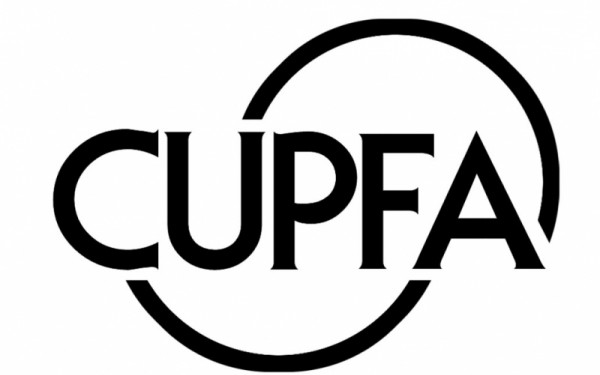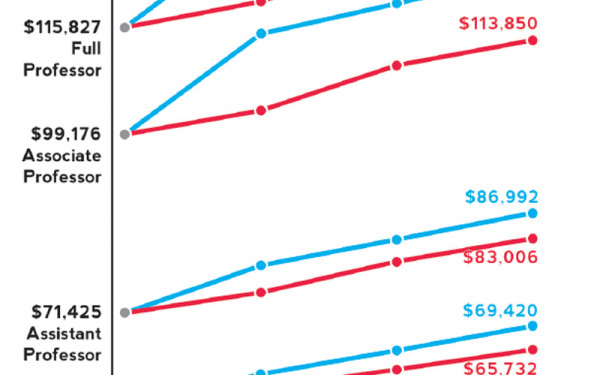CUFA Votes “YES” on Strike Mandate
Full-Time Faculty Joins Concordia’s Part-Time Faculty, Steelworkers as Unions Prepare to Strike
As of this weekend, 48 hours could stand to change a lot at this university.
After a week of voting that began on Feb. 28, the Concordia University Faculty Association, which represent’s the university’s full-time faculty members, spoke overwhelmingly in favour of a strike mandate—with 74 per cent of the university’s roughly 1,000 professors voting “yes.”
The union is now in a position to go on strike, at any point, on the condition that they provide two days’ notice. It’s a state of affairs that’s unprecedented in the union’s history.
“Now that we have a strike mandate, I would hope that [the university] will reopen the negotiations and that we can come to some form of understanding,” said CUFA President Lucie Lequin.
CUFA has been in negotiations with the university for 15 months, and as it stands there remains a substantial discrepancy between what the union is asking for and what the university is offering with regards to salary increases.
Negotiating teams from CUFA and the university have been working with a conciliator appointed by the Quebec government since December 2012.
While the newly adopted mandate provides the union with the ability to strike, that doesn’t necessarily mean that they have to, or will.
“Its hard to guess in advance the behaviour of the employer’s team,” said Lequin. “But I would think that Concordia as a university does not want a strike from its full-time faculty.”
She said she hopes discussions can be reopened and bring the negotiations to a conclusion.
“Taking into account the current budget cuts and current political and economic situation of Quebec—because we do take it into account— if we can come to a fair and equitable deal with the employer, then we will not go on strike,” she said.
“But if we do not, then what choice to we have?”
Lequin says that the union recognizes that the repercussions of a strike are not ideal, but at times necessary.
“When teaching—especially in a university setting—it is much more difficult to just refrain from doing certain duties,” explained Lequin.
“What can we remove? We have to give the grades, mark, we have to be present and there are no extracurriculars.
“This makes it much more difficult for us to take any other type of action, beyond going on strike.”
Lequin said that the union is not unaware of the effect a strike would have on the university’s students,
“At the end of the day, we have voted for a strike,” she said. “But it is also the employer’s movement and attitude at the table that will decide whether or not we will go on strike.”
The Concordia University Part-Time Faculty Association voted 95 per cent in favour of a strike mandate last November. That same month, members of the United Steelworkers Local 9538, which represents trade workers at Concordia’s Loyola Campus, unanimously voted for a mandate that would also allow them to strike.
Lequin said that she doesn’t think the fact that there are other unions currently in negotiations with the school—specifically CUPFA, who is also in a position to go on strike—will change the tone around the table.
“There are so many unions at Concordia,” she said. “If a union goes on strike, the others have to continue to perform their duties.”
Lequin noted that there are twelve unions currently at Concordia, all sitting at different tables, negotiating independently of one another.
She added, however, that if all unions were to go on strike at the same time, the university would be severely affected.
CUFA is set to meet the university several times in the coming weeks, with meetings scheduled for March 18, March 21 and March 27.
“When we meet, we will assess the movement, and where we are at—but I cannot tell you ahead of time what will be the result of the assessment.”





WEB_600_375_90_s_c1.jpg)

